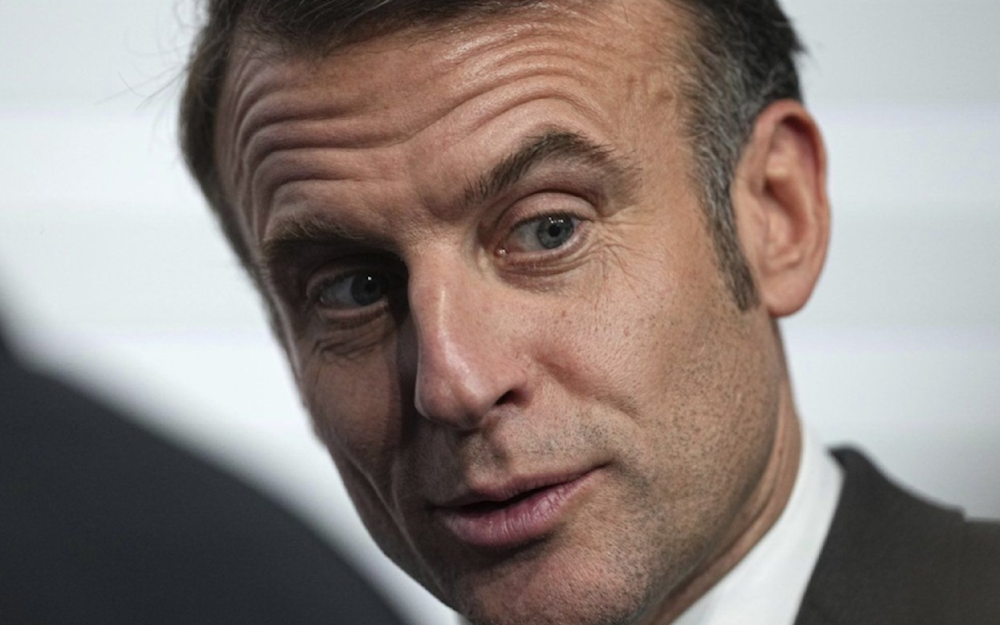Georgia's PM slams Macron claims of Russia election meddling as 'lies'
Macron has accused Russia of destabilizing Georgia's "electoral processes and manipulating ballot boxes."
-

French President Emmanuel Macron in Lyon, France, on December 17, 2024. (AP)
Georgian Prime Minister Irakli Kobakhidze has dismissed French President Emmanuel Macron's allegations that Russia meddled in Georgia's recent election as "lies".
Macron accused Russia on Monday of increasing its aggression and shifting its hostility "toward Europe and other regions," by "destabilizing electoral processes and manipulating ballot boxes" during the October election in Georgia.
The French president presented no evidence to support his claim.
Reporters questioned Kobakhidze about Macron's assertion on Tuesday, and his response was he could not "comment on lies," adding, "I am commenting on the problem that everyone faces today, which is a devastated Ukraine.”
"The French president should better follow the events in Ukraine, which has been sacrificed with the aim of destroying it," the prime minister told reporters.
In November, Russian Foreign Ministry Spokesperson Maria Zakharova firmly rejected allegations of meddling in Georgia's internal affairs, which were made by the Georgian opposition, stating at a briefing that such actions are characteristic of the West.
On October 26, the ruling Georgian Dream party won 53.93% of the vote and 89 of the 150 seats in the assembly. Last week, Mikheil Kavelashvili officially assumed the role of president of Georgia during an inauguration ceremony held in parliament. The event, accompanied by protests outside, highlighted ongoing political divisions in the country.
Protests in Tbilisi have persisted for over a month, fueled by dissatisfaction with the government's decision to delay EU accession negotiations and reject EU financial aid until 2028.
Like many other post-Soviet states, Georgia remains highly susceptible to instability due to a combination of Western influence and narratives opposing Russian policies. These factors have historically fueled mass protests and calls for a more pro-Western policy, aiming to distance Georgia from Russia and align its political and economic trajectory with Europe.
Kavelashvili won the presidency after a parliamentary vote on December 14 in which he secured 224 out of 300 votes as the candidate of the ruling Georgian Dream party.
Zourabishvili, who vacated the presidential palace following Kavelashvili's inauguration, has continued to challenge the election's legitimacy, though without providing proof. She described the parliament as "illegal" and announced on inauguration day that while leaving the residence, she would persist in advocating for new parliamentary elections.

 3 Min Read
3 Min Read








